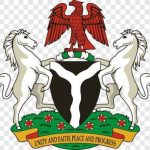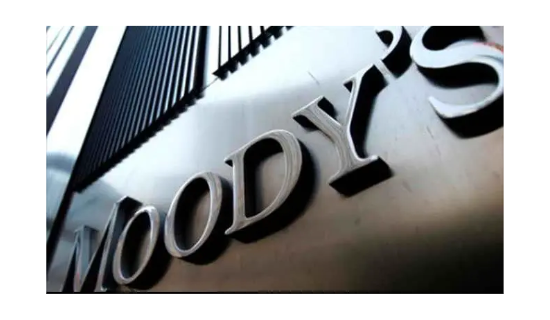By Samuel Bolaji
An international rating agency, Moody’s Investors Service, has downgraded nine Nigerian banks following its downward review of Nigeria’s rating last week.
The downgraded banks include: Access Bank Plc, Zenith Bank Plc, First Bank of Nigeria Limited, United Bank for Africa Plc, Guaranty Trust Bank Limited, Union Bank of Nigeria plc, Fidelity Bank Plc, First City Monument Bank Limited, and Sterling Bank Plc.
Moody’s, an international rating agency, downgraded to Caa1 from B3 the long-term deposit ratings, issuer ratings as well as the senior unsecured debt ratings (where applicable), all the nine lenders, it said in a statement issued on Tuesday, according to a report by Daily Trust.
The statement added that Moody’s also changed the outlook to stable on the long-term deposit ratings, issuer ratings as well as senior unsecured debt ratings (where applicable) of the nine rated Nigerian banks.
“Today’s rating actions follow Moody’s downgrade on 27 January 2023 of the long-term issuer rating of the Government of Nigeria to Caa1 from B3, and change in the outlook to stable,” it said.
It added that the downgrade of the long-term ratings of the affected banks reflects a combination of two factors – the weakening operating environment, as captured by Moody’s lowering of its Macro Profile for Nigeria to “Very Weak” from “very weak+”; and the inter linkages between the sovereign’s weakened creditworthiness (as indicated by the downgrade of the sovereign rating to Caa1from B3) and the banks’ balance sheets, given the banks’ significant holdings of sovereign debt securities, according to Daily Trust.
The statement further said the revised macro Profile for Nigeria reflected the rating agency’s expectation that depressed and uncertain oil production, capital outflows amid flight to quality and the government’s constrained access to external funding would likely continue to weigh on Nigeria’s external position in 2023.
“Rated Nigerian banks have significant direct and indirect exposure to the Nigerian sovereign, with a significant portion of their assets located in the country, and sovereign debt holdings representing 28% of their aggregate total assets as of June 2022.
“Government exposure links the banks’ credit profiles with the sovereign’s, whose rating was downgraded on 27 January 2023, to reflect Moody’s expectation that the government’s fiscal and debt position will continue to deteriorate,” it said.
“The government faces wide-ranging fiscal pressure while the capacity to respond remains constrained by Nigeria’s long-standing institutional weaknesses and social challenges,” Moody’s added.
The rating agency said the stable outlooks on the long-term deposit, issuer and senior unsecured debt ratings (where applicable) of the Nigerian banks were in line with the stable outlook of Nigeria’s government rating.
It further stated that the stable outlook on the sovereign rating reflects the fact that, “while a new administration could reinvigorate the reform impetus in Nigeria after the general election planned for 25 February 2023 and thereby support fiscal consolidation, implementation will likely remain lengthy amid marked social and institutional constraints.
“Indeed, the government has long-held the aim of raising non-oil revenue and phasing out the costly oil subsidy, but these objectives necessitate reforms that are institutionally, socially and politically challenging to carry through. Meanwhile, funding conditions are likely to remain tight.”
Source: The Punch








